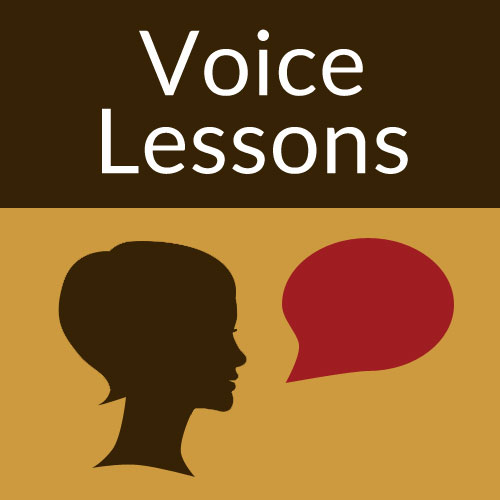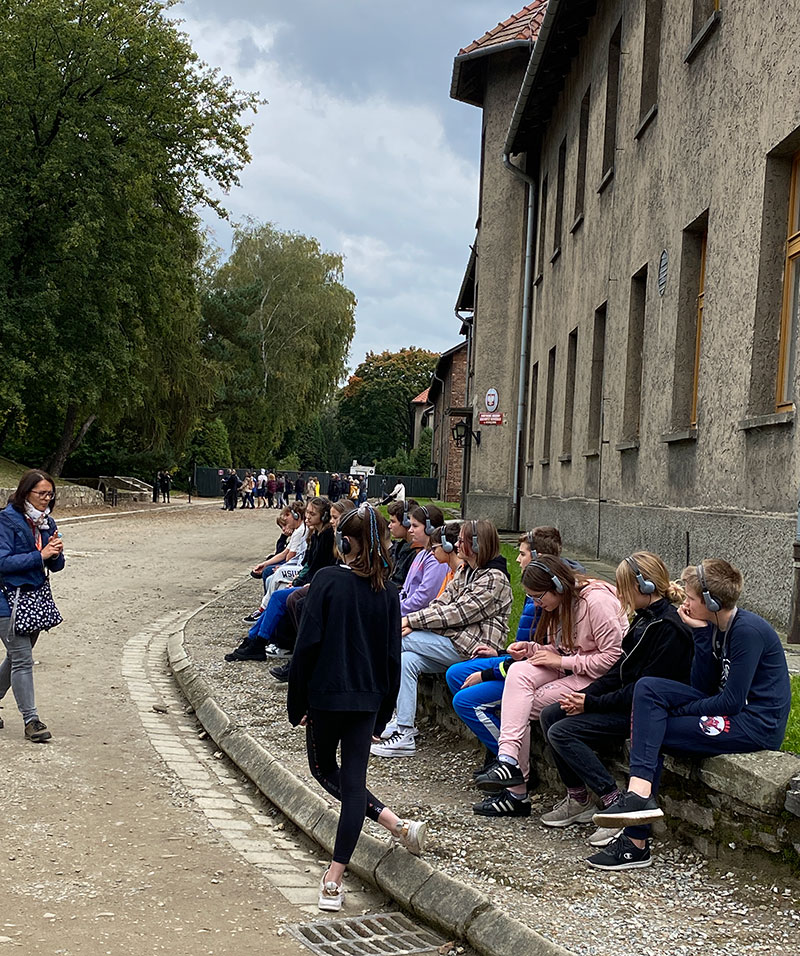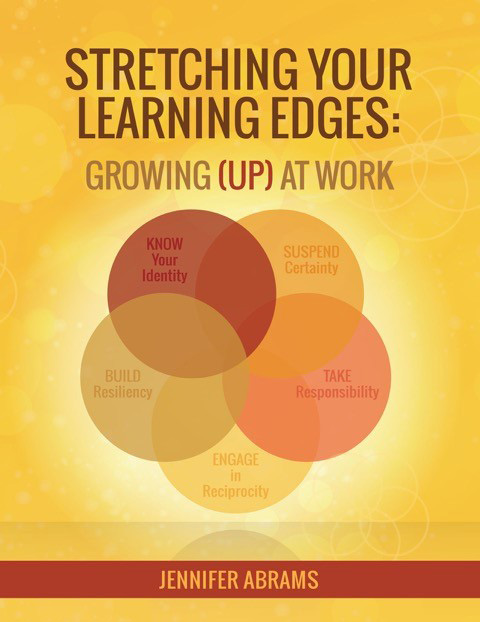We Adults (and Kids) Can Do Hard Things
November 1, 2022

I recently went to Eastern Europe with my boyfriend, Stewart, ahead of a conference I was presenting at in Germany. One of our key motivations on this trip was to visit Jewish sites across Berlin, Prague, and Krakow. In Poland, this led us to spend a powerful day at Auschwitz-Birkenau. Because Stewart and I were both raised in the Jewish faith, it was an emotional day for us both, and we can imagine it is for anyone who goes to the site, regardless of one’s faith.
Without a doubt, it was an experience that brings to the fore the admonition, “Never Again,” spoken the world over. We knew that being at the camps, seeing the bunks that people were crammed into, and viewing the remnants of the extermination ovens and so much more, while painful, was important to witness.

One of the great ironies of the visit was who we saw on the grounds of Auschwitz. Groups of teenagers on school visits. Brought there by their schools. Students who were required to see the site and to witness the horrors. We were told that in Poland a visit to the camps is required for all secondary school students. Students are required to see something uncomfortable about their nation’s past. Expected to learn about a piece of history that is still painful to witness.
I think you know where I’m heading. My home country, the USA, is in many instances, doing the exact opposite – by not exposing students to specific ideas/topics/perspectives by banning books about those ideas and by making sure certain conversations don’t and can’t happen in our schools. Some cities and states are making sure students don’t see something painful or read something controversial because it might cause discomfort.
There seems to an idea out in the ether that if parents or schools don’t allow children to look at the truth of our history or acknowledge specific identities because it might cause discomfort (for some), we can pretend (for a while) that those events never happened or those identities don’t exist. Let’s not have anything be anxiety producing (for some), discomforting, awkward to discuss, or painful to look at. Many of us who read this newsletter know how that will go. Not well.
Adults, we need to be able to talk about hard things and teach about them to our students.
Our children are looking for answers to questions big and small about how we should treat one another, who is accepted, and who should be loved. They are looking for themselves in the texts they read and they deserve to know the truth of what happened in our history. They also rely on us to stretch at our edges and help them stretch at theirs – modeling for them what it means to be humane human being who can self-regulate and to show them how to deal with discomfort when it arises.
There are many adults (me included) who need to work on ourselves so we can be those models for students – who know how to talk about hard things. We need to
- Work on our own emotional & psychological hygiene so we are healthy for ourselves and healthy for others.
- Build up our bandwidth and ‘stomach’ to feel more comfortable with discomfort.
- Manage our pain and disappointment so we can focus on the work ahead of us to become more humane humans.
Let’s work on ourselves so we model for the children in our care that talking about things that can make us uncomfortable is something we can do.
If you have any questions, comments or topic suggestions, please feel free to email me at jennifer@jenniferabrams.com. I look forward to hearing from you.
Cool Resources
Stolen Focus: Why You Can’t Pay Attention – and How to Think Deeply Again by Johann Hari. “Hari learned how we can reclaim our focus—as individuals, and as a society—if we are determined to fight for it. Stolen Focus will transform the debate about attention and finally show us how to get it back.”
I Never Thought of It That Way: How to Have Fearlessly Curious Conversations in Dangerously Divided Times by Monica Guzman. “In these pages, you’ll learn:
- How to ask what you really want to know (even if you’re afraid to)
- How to grow smarter from even the most tense interactions, online or off
- How to cross boundaries and find common ground—with anyone.”
Impact Players: How to Take the Lead, Play Bigger, and Multiply Your Impact by Liz Wiseman. “In Impact Players, New York Times bestselling author and researcher Liz Wiseman reveals the secrets of these stellar professionals who play the game at a higher level.”

